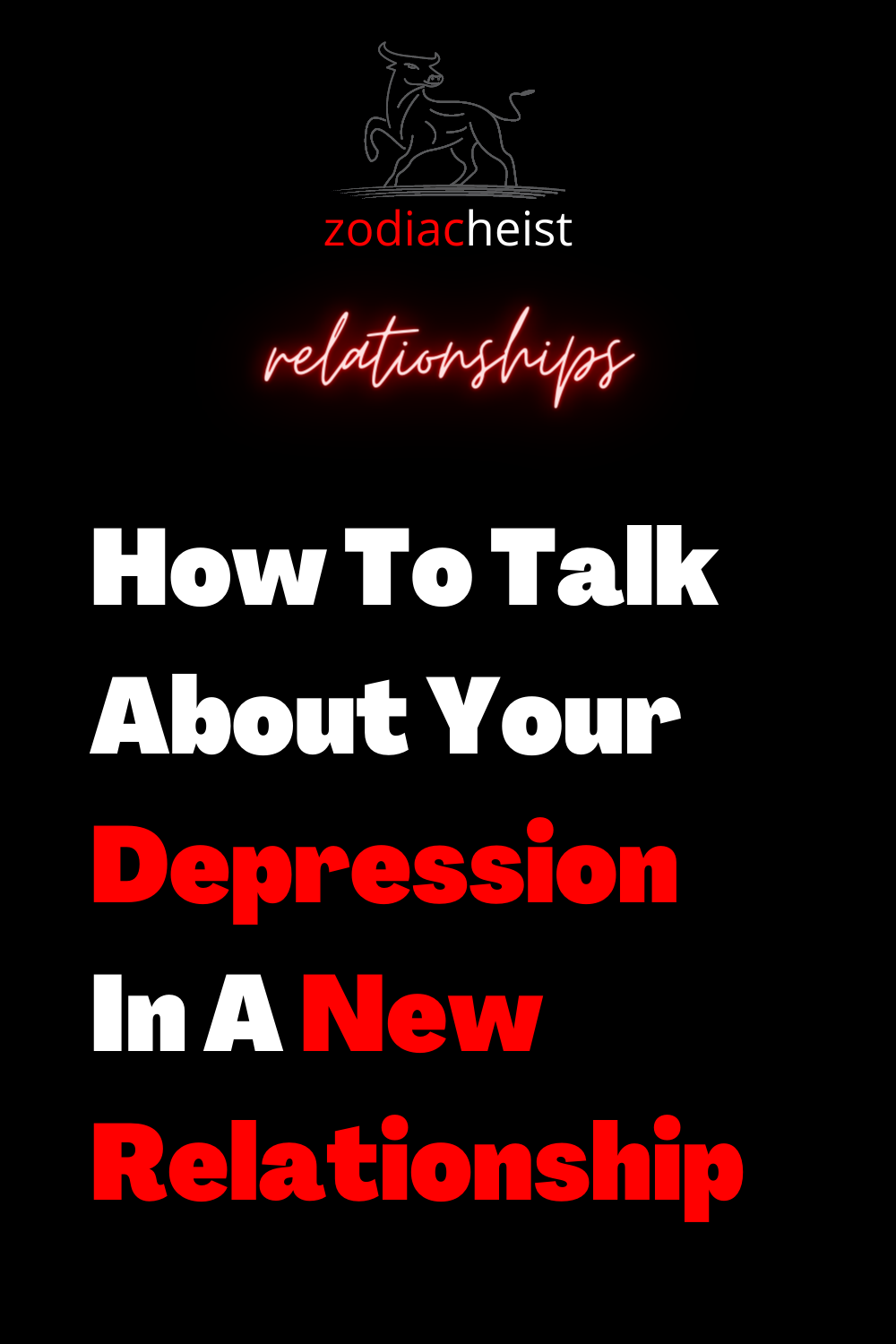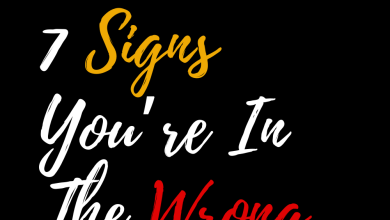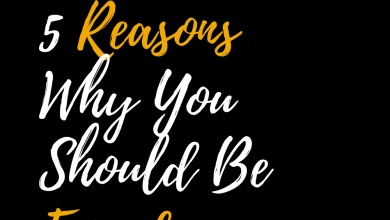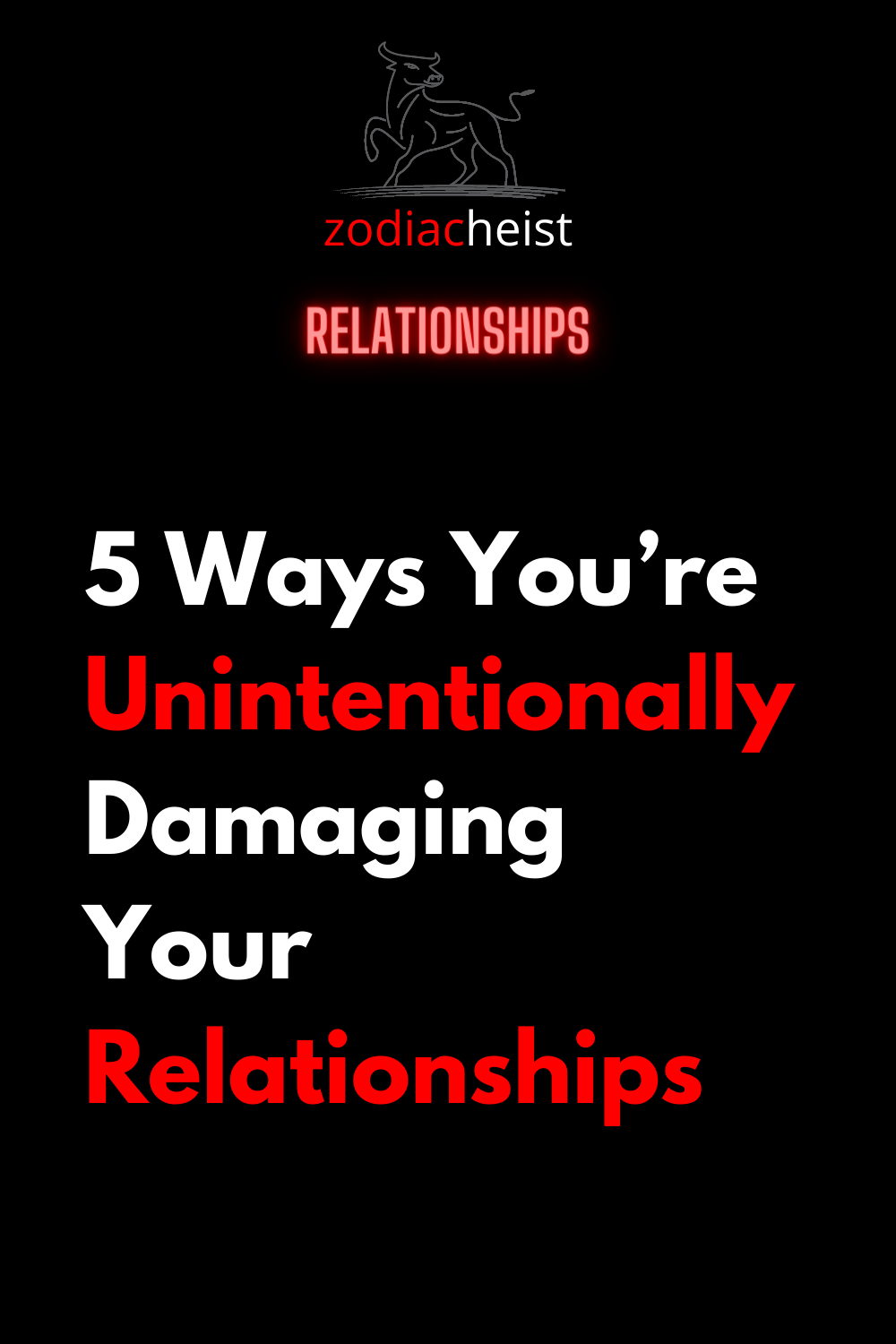How To Talk About Your Depression In A New Relationship

It pains me to think about how taboo it is to talk about mental health with a new partner.
Part of wanting to find love is being accepted by a person, no matter your faults. And though I don’t think having depression is a fault, it’s a heavy burden to carry, even more so because of its stigma.
I found myself in this exact position when I started dating my current boyfriend. I had it ingrained in my mind that laying everything out on the table never ended well. Plus, I was wary of putting my broken pieces out for my lover to try and fix. That never ended well either.
But at the same time, my depression has been a defining part of my past. Through hitting rock bottom, I’ve become resilient and have a better understanding of my authentic self.
While I don’t want to dwell, I do want to talk about these parts of my past, even if they hurt a bit. I also want my partner to understand my struggles since the chances of having another episode of major depression could come up again.
Navigating such a serious subject with someone new in your life feels scary and tricky. The good news, though, is it doesn’t have to be.
Remind yourself that you’re not broken.
Depression, and other mental illnesses, are incredibly common. People are just scared to talk about them. But with over 17.3 million adults suffering from at least one major depressive episode in 2017, you’re not an anomaly.
Though your pain is very real, you’re not a broken human being. Be kind to yourself when trying to start the conversation. Give yourself compassion instead of feeling like there is something wrong with you.
Chances are, your partner already knows someone who struggles with depression. Maybe they even struggle with it themselves.
The right time is whenever it feels right for you.
There’s no specific point in relationships when it’s right to talk about mental health. You need to feel comfortable. You need to feel ready.
But if that’s six weeks into the relationship while you’re in bed one morning, go for it. If you feel safe and like the moment for a serious talk is right, then that is the time to do it.
There will never be a “perfect” moment. Just make sure you fully trust the person.
Let your partner know you don’t want them to fix you.
I’ve encountered this problem a lot, basically anytime I’ve ever talked about my depression.
Like I stated before, I don’t want to bring up my depression, expecting my partner to fix me. I see managing my depression as an inside job; all my partner can do is support me.
To clear the air and not feel misunderstood, I let my partner know from the get-go my motives for telling him about my history. And by doing that, I think it made things a bit easier for him as well.
Tell your partner that you want to be understood and supported; you don’t expect them to have the answers.
Explain what depression feels and looks like for you.
Everyone has different triggers, symptoms, and coping mechanisms for depression. Letting your partner know the specifics about your depression can help them identify when you’re going through your hardest times.
Perhaps you tend to cut off ties to all your friends or stop being able to nourish yourself properly. When we’re in the lowest depths of depression, it’s even harder to reach out. If your partner knows what to look for, they can help identify it without you even saying anything.
Equally as important is letting them know how they can support you. Your partner wants to help; give them the tools to do so.
Ask them if they have any questions or want to share struggles.
No matter how clearly you think you explain something, there’s always a bit of miscommunication. Perhaps your partner needs some clarification, so ask them if they have any questions.
End the conversation by asking your partner if they want to talk about their struggles. Maybe they too suffer from a mental illness or went through a traumatic event.
Give them space to talk about anything they’ve gone through or regularly deal with.
Talking about mental health is vulnerable. The stigma placed on illnesses like depression and anxiety is still deeply ingrained in our society.
But when you allow yourself to open up to your partner, you’re creating a connection between you two of deeper understanding and support.






